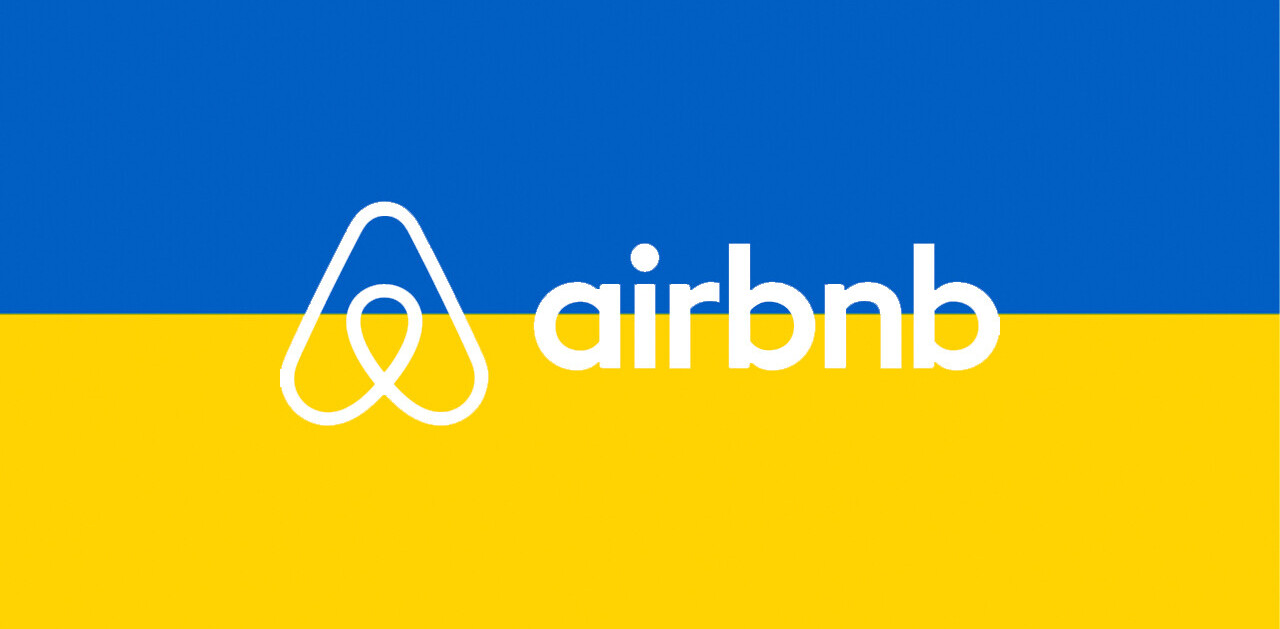
Airbnb’s newly released report for the city of San Francisco shows the kinds of listings put up by hosts in the city. And like the one released about the city of New York late last year, the company has shown that it has a significant number of hosts with multiple home listings.
This is bad especially in San Francisco, where multiple home listings are clearly not allowed by the city.
The standout number in the report was the total amount of hosts that listed more than one short-term rental on the site. According to the report, 288 hosts are responsible for 671 short-term listings on the platform, roughly encompassing 12 percent of whole home listings and 7 percent of all listings.

As these homes actually make up for 17 percent of the total revenue in San Francisco from March 2015 to March 2016, it’s no surprise the company gave some pause:
These are hosts who may be using the platform to list more than one entire home short term rental listing. We want to take action if these are listings that could be impacting the availability of long term rental housing in the city.
As the San Francisco Chronicle notes, local laws regulate listings to permanent residents offering their own home — any other type of listing could lead to action from the city with Airbnb caught in the crosshairs.
In order to react to this group of hosts, Airbnb has promised to move forward with a “new approach” for listings, which involves auditing and deleting listings which should be on the long-term housing market. This isn’t an unheard-of practice, although some have taken issue with the company using deleted listings to clean up its image.
“We intend to continue removing listings that we believe are offered by hosts with multiple entire home listings or are offered by unwelcome commercial operators,” the report said.
This is crucial in San Francisco, where new regulations are in place to keep landlords from listing their otherwise available apartments on Airbnb for quick cash grabs. It’s clear in their ‘Frequently Asked Questions’ section — which includes a chart that throws shade at the City of San Francisco’s permitting process — that the company isn’t too happy with the 90-day maximum restriction placed on whole-home listings in the city.
But that doesn’t mean it won’t comply with what the city demands.
“We are committed to treating every city personally and providing solutions that allow everyday people to share their homes so they can make ends meet while also addressing local concerns.”
Get the TNW newsletter
Get the most important tech news in your inbox each week.




